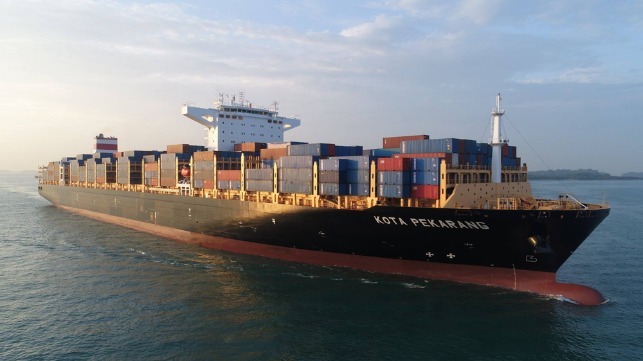Creditors Approve Restructuring of Pacific International Lines

Singapore’s financially troubled container line, Pacific International Lines, received approval from the last of its creditor groups for a restructuring and recapitalization plan that the company had called its last hope to save the operations. With today’s vote, the privately held company plans to complete the restructuring this quarter.
The 50-plus-year-old container line had spent most of 2020 seeking to come up with an agreement on a rescue plan for its operations. In May 2020, they reached a standstill agreement designed to give the company time to negotiate the restructuring, but in November they went into technical default on $60 million in bonds when the company said it was unable to proceed with repayment on the notes that came due.
Over the past few years, PIL has been in declining financial health in part due to increased competition on routes, overcapacity, and lower profits. The company sought to reduce its leverage by selling vessels and withdrawing from some routes, before filing for a reorganization in the courts. The financial strains compounded by the pandemic were too severe for the recent upturn in the container markets to dramatically improve the company’s outlook.
In November 2020, Singapore agreed to invest $600 million in the struggling company through its investment company Temasek Holdings. The investment in the form of debt and equity, however, was contingent on winning the approval of the unsecured bondholders. At least half of the investors, who held at least three-quarters of the debt present at the meeting, had to approve the deal under Singapore law.
The company wrote to its debt holders saying that it believed the comprehensive rescue package would provide for the long-term sustainability of the operations by creating a better capitalized company. They urged to accept the terms, which offered two options for converting existing notes into new securities that would start paying distributions in five or six years.

that matters most
Get the latest maritime news delivered to your inbox daily.
Despite last-minute legal challenges and some shareholders who felt the banks were getting preferential treatment, an overwhelming majority, reportedly over 90 percent of those present, voted in favor of the plan.
"We are heartened by the results of the votes. This is indeed a strong testament to creditors’ confidence in PIL’s business and future prospects," said Teo Siong Seng, chairman, and founder of PIL, in a statement after the vote. As part of the restructuring, the Teo family which founded the company will see its ownership position reduced to 15 percent.
